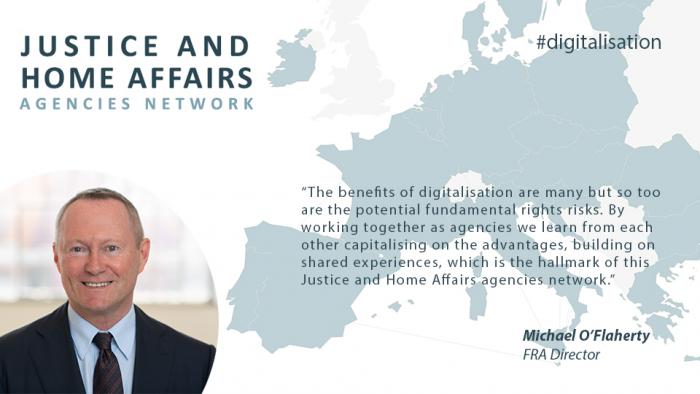Public Consultation on DRSP criteria for derogation
This consultation paper is published to seek stakeholders’ input on ESMA’s proposals for technical advice to the Commission on delegated acts relating to the criteria to identify those ARMs and APAs that, by way of derogation from Regulation (EU) No 600/2014 of the European Parliament and of the Council of 15 May 2014 on markets in financial instruments, on account of their limited relevance for the internal market, are subject to authorisation and supervision by a competent authority of a Member State.
ESMA invites comments on all matters in this paper and in particular on the specific questions summarised in Annex 1. Comments are most helpful if they:
- respond to the question stated;
- indicate the specific question to which the comment relates;
- contain a clear rationale; and
- describe any alternatives ESMA should consider.
ESMA will consider all comments received by 4 January 2021.
All contributions should be submitted online at www.esma.europa.eu under the heading ‘Your input – Consultations’.
Publication of responses
All contributions received will be published following the close of the consultation, unless you request otherwise. Please clearly and prominently indicate in your submission any part you do not wish to be publicly disclosed. A standard confidentiality statement in an email message will not be treated as a request for non-disclosure. A confidential response may be requested from us in accordance with ESMA’s rules on access to documents. We may consult you if we receive such a request. Any decision we make not to disclose the response is reviewable by ESMA’s Board of Appeal and the European Ombudsman.


